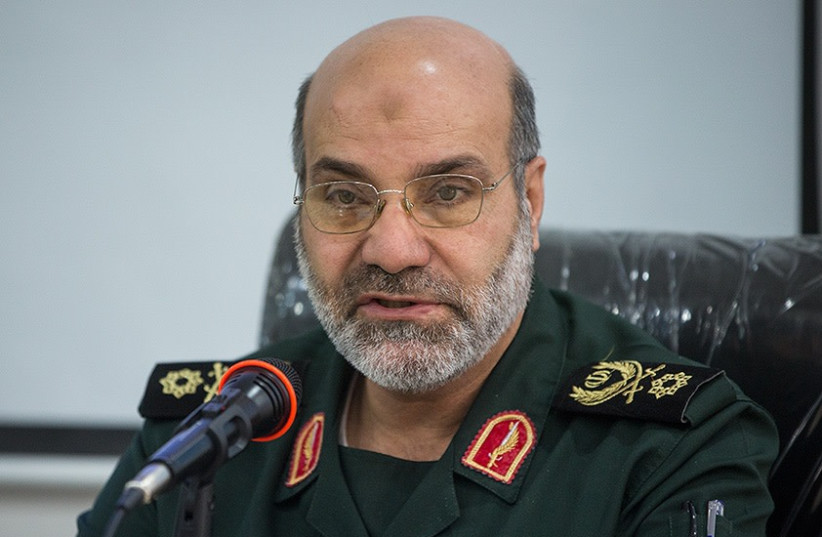The precision strike in Syria was an important proof of Israel’s strength
The IDF rarely confirms a strike on foreign soil, but the confirmation almost doesn’t matter. The strikes that killed Mohammad Reza Zahedi – that Iran blames Israel for – are several in a list of precision strikes. They are moves that allow the Jewish state to reassert its military capabilities unofficially, sending a signal to the rest of the world – particularly the Arab world – that it is as strong as it ever was, and is back to its lethal best.
This is particularly necessary and of great relevance since October 7, when the IDF failed so miserably in stopping the Hamas infiltrations into Israel. This reverberated powerfully among Israel’s civilian society and also in the region.
The reassertion of control also comes as Israel faces blunders and challenges from its international allies over its ongoing Gaza operations.
For other Arab countries who also oppose Iran, October 7 was a signal that Israel, Iran’s most steadfast regional opponent, was not able to effectively withstand and repel attacks by Iran’s proxies.
The war between Israel and Iran’s proxies has been going on for years and it remains at simmering point, with invisible redlines drawn that, once crossed, would send the region into a completely different reality.

Although Israel has long pursued a bombing campaign against Iran’s military and security presence in Syria, it typically does not go public about such attacks.
Since October 7, there have been many precision strikes across Lebanon and Syria, most of which both countries, along with Iran, have at times accused Israel of perpetrating.
Iran’s media – which is not independent of the regime and must be viewed as such – has consistently filled in the blanks by identifying the officials targeted; Israel has not confirmed any of these strikes, and ascribing them to Israel is all based on foreign reports but it is worth piecing together a timeline.
On Monday, Iranian state media alleged that a member of the Islamic Revolutionary Guard Corps navy, posted as a military adviser in Syria, was killed in a suspected Israeli airstrike in the coastal Tartous region. Foreign reports named him as Col. Reza Zarei, who was killed along with two fighters from Lebanon’s Iran-backed Hezbollah militia. A senior security source from the alliance supporting Syria’s government told Reuters that the strike was on a building used by Iranian forces in Syria.
Last week, Iranian media said that at least one IRGC member was killed in strikes near Deir Ezzor in eastern Syria, naming identifying him as its “military adviser” Behrouz Vahedi.
On a Friday morning at the beginning of February, Iranian reports said Saeed Alidadi, another IRGC member, was killed in an airstrike it accused Israel of carrying out at a site south of Damascus.
A day earlier, Reuters reported that the IRGC scaled back the deployment of senior officers in Syria due to the strikes, saying it would rely more on allied Shi’ite militia to preserve its way there. In late January, three IRGC officers were killed by strikes that Iranian media also said were the work of Israel.
Two IRGC members were killed in December, which Iranian media said were carrying out an “advisory mission” in Syria and another senior adviser was killed near Damascus on December 25 when overseeing military coordination between Syria and Iran.
The IDF has shown it hasn’t just recovered from October 7, but is stronger than ever
In the wake of October 7, many countries in the region that had looked to Israel to provide security and defense capabilities in the Middle East were likely shocked to see it unable to defend its own border. However, in the months since, the IDF has shown that it does have the ability to not only defeat Hamas, but also to carry out operations on other fronts.
Iran has sought to expand the Gaza war by pushing its proxies to attack Israel on seven different fronts. The IDF’s use of precision strikes to eliminate targets both near and far has shown that Israel continues to be a formidable fighting force on a global scale.
Strikes on crucial command and control nodes, often without inflicting collateral damage, illustrates that the IDF has not only recovered from October 7 but is pushing the envelope even further.





Comments are closed.